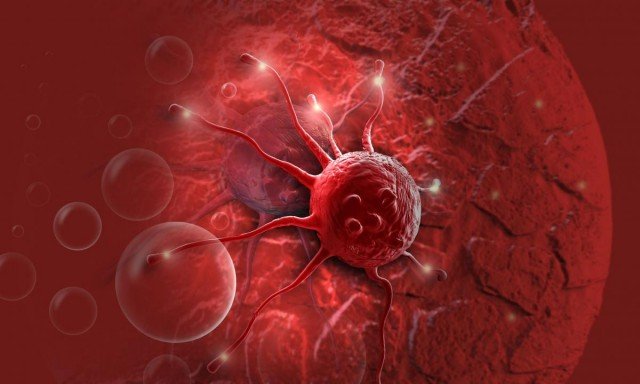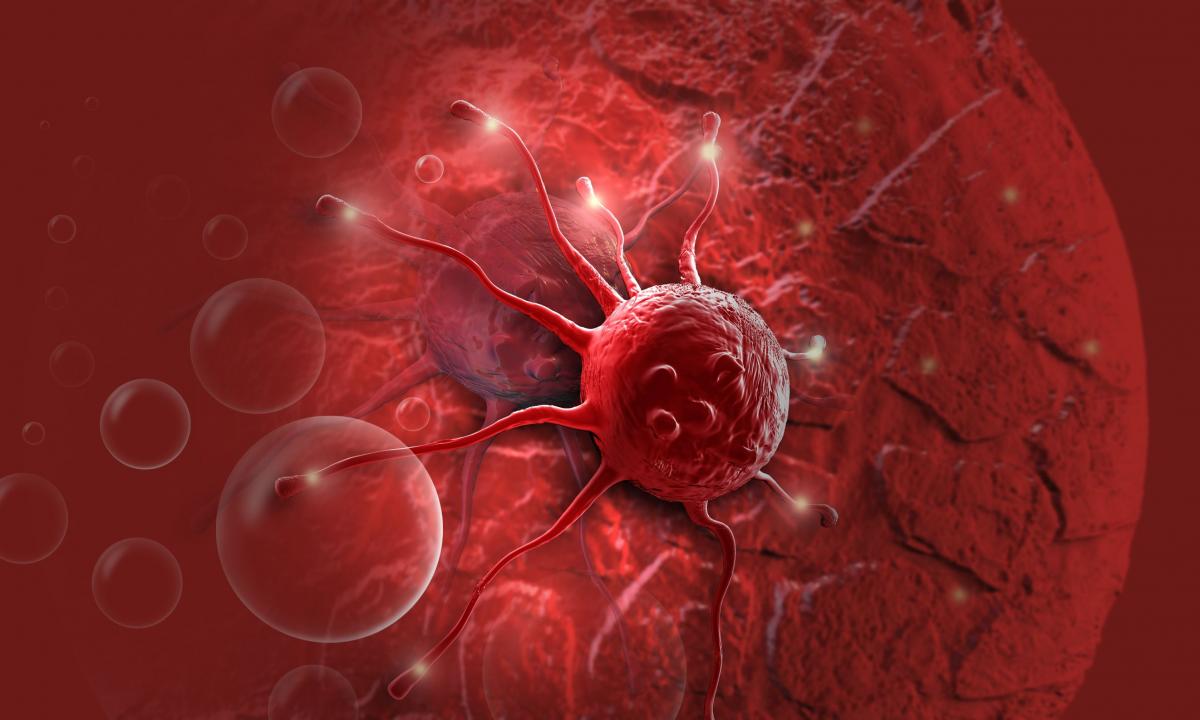A new study has suggested that most types of cancer can be put down to bad luck rather than risk factors such as smoking.
The US research team was trying to explain why some tissues were millions of times more vulnerable to cancer than others.
The results, in the journal Science, showed two thirds of the cancer types analyzed were caused just by chance mutations rather than lifestyle.
However some of the most common and deadly cancers are still heavily influenced by lifestyle.
In the US, 6.9% of people develop lung cancer, 0.6% brain cancer and 0.00072% get tumors in their laryngeal cartilage at some point in their lifetime.
Toxins from cigarette smoke could explain why lung cancer is more common.
However, the digestive system is exposed to more environmental toxins than the brain, yet brain tumors are three times as common as those in the small intestine.
The team at Johns Hopkins University School of Medicine and Bloomberg School of Public Health believe the way tissues regenerate is the answer.
Old tired cells in the body are constantly being replaced with new ones made by dividing stem cells.
But with each division comes the risk of a dangerous mutation that moves the stem cell one step closer to being cancerous.
The pace of turnover varies throughout the body with rapid turnover in the lining of the gut and a slower pace in the brain.
The researchers compared how often stem cells divided in 31 tissues in the body over a lifetime with the odds of a cancer in those tissues.
They concluded that two thirds of cancer types were “due to bad luck” from dividing stem cells picking up mutations that could not be prevented.
These cancer types included Glioblastoma (brain cancers), small intestine cancers and pancreatic cancers.
Cristian Tomasetti, an assistant professor of oncology and one of the researchers, said a focus on prevention would not prevent such cancers.
“If two thirds of cancer incidence across tissues is explained by random DNA mutations that occur when stem cells divide, then changing our lifestyle and habits will be a huge help in preventing certain cancers, but this may not be as effective for a variety of others.
“We should focus more resources on finding ways to detect such cancers at early, curable stages.”
The remaining third of cancer types, which are affected by lifestyle factors, viruses or a heightened family risk, include some of the most common:
- Basal cell carcinoma – a type of skin cancer made more common by too much UV exposure
- Lung cancer – strongly linked to smoking
- Colon cancer – increased by poor diet and family risk genes
Two common types of cancer – breast and prostate – were not analyzed as the researchers could not find a consistent rate of stem cell division in those tissues.
[youtube mt0n8prl_wI 650]
[youtube 9EaNnneEQoA 650]
